Expanding the use of open data for socio-environmental conflict transformation
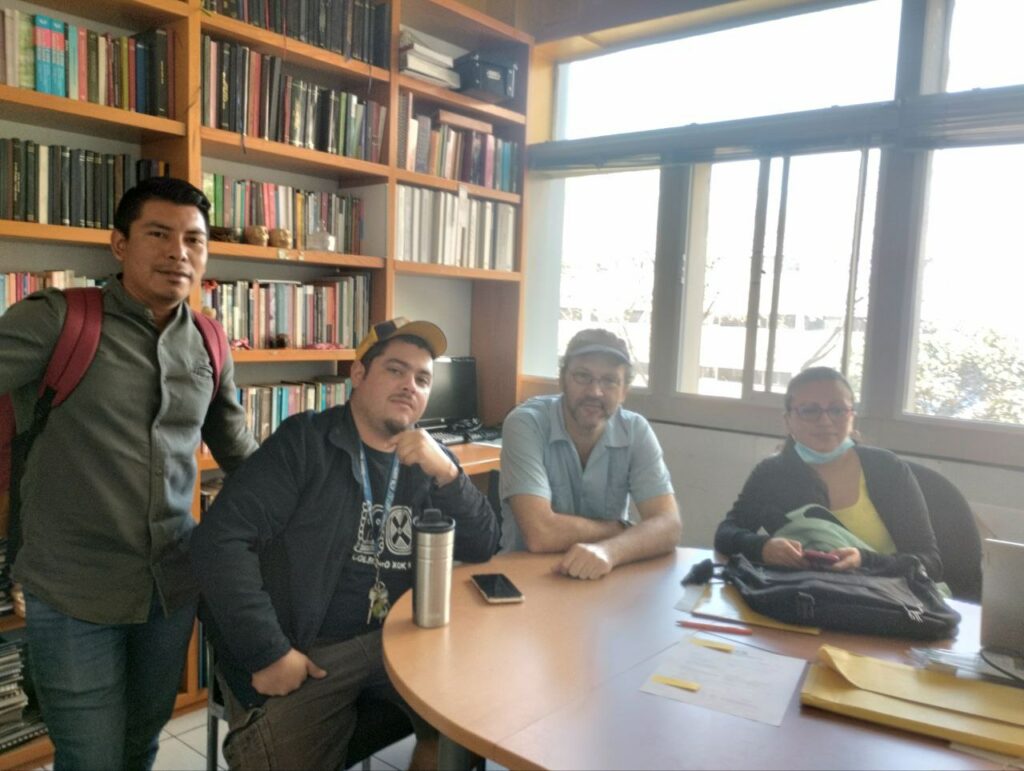
There are areas in which much remains to be done to reduce the gaps, for example, between scientific disciplines and local knowledge, between the exact and human sciences, between the rural and the urban, between the digital and real environments of the exercise and protection of human rights. One of the key areas is the peaceful transformation of socio-environmental conflicts. The workshop held on March 9 in Mexico City focused on reducing these gaps.
At the Universidad Autónoma Metropolitana Sede Xochimilco in Mexico City, participants held an Open House dynamic throughout the day, where a group of students and teachers from the Master’s Degree in Rural Development, the network of activists YouthMappers from the OpenStreetMap community and ReDHumus.org gathered to celebrate together the International Open Data Day #ODD2023. In this hybrid space we had the opportunity to discuss the needs of management and analysis of open data for the transformation of socio-environmental conflicts in different parts of Latin America.
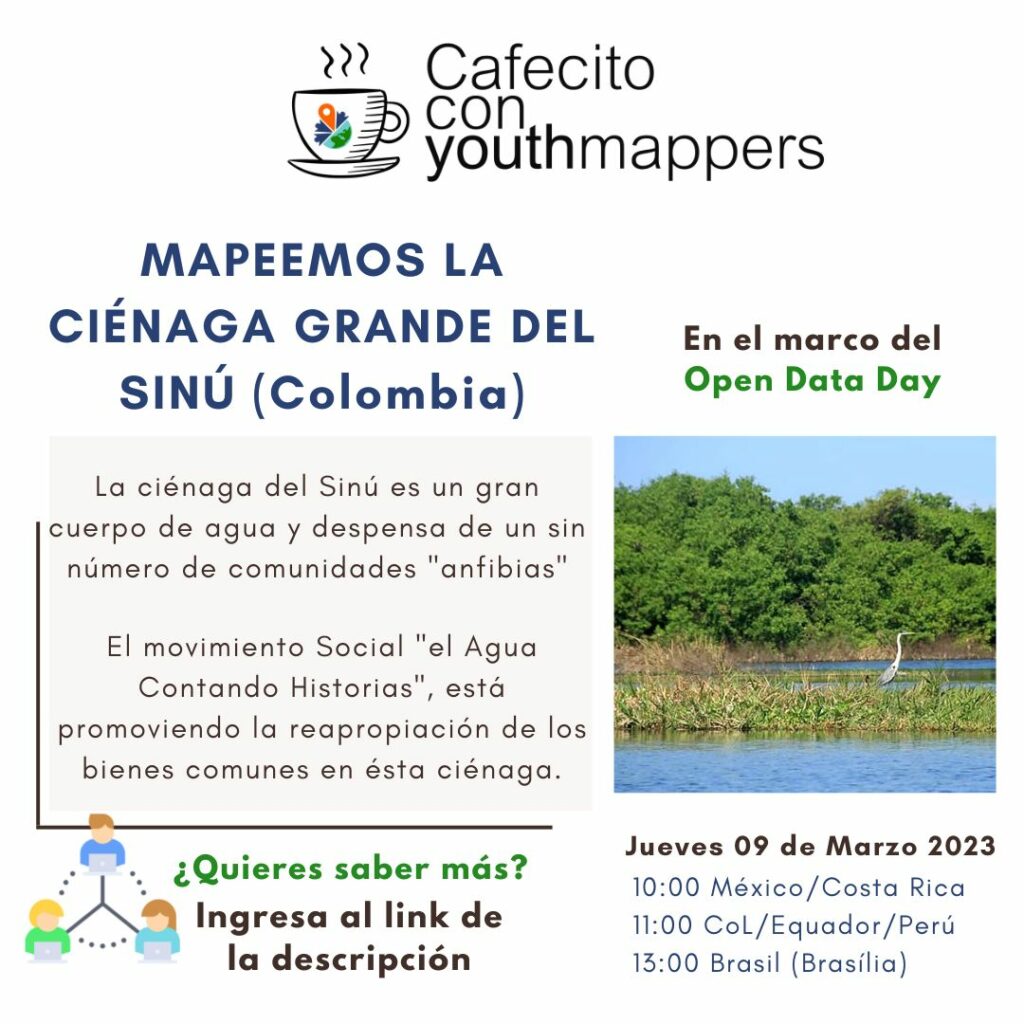
Among other things, the participants’ perception of emerging Machine Learning technologies and the use of artificial intelligence models in everyday life was explored. Finally, a community mapping workshop was held to support the Digital Humanities Project “Water telling stories”, which works to transform socio-environmental conflicts in the Ciénaga Grande del Bajo Sinú, Department of Córdoba, Colombian Caribbean Region.
In this exploratory space it was possible to know the general perceptions of the participants about some questions such as: What do they know about artificial intelligence? How do they use the data? Do they have a critical position, in favor or indifferent to open data?
A part of the participants had no previous information about AI, however, some of the initial impressions were:
- Some people have heard lately about the ChatGPT platform that has become very popular because of some use cases for forging documents. Concerns or doubts were also expressed about the possible loss of jobs due to its implementation and about who is going to benefit from these technologies, thus the reflection on the need for the appropriation of these tools by communities and grassroots organizations arises.
- Potentialities for using artificial intelligence: Technologies should not be seen as something automatically positive or negative but should be analyzed, controlled and applied by society in a way that benefits the majority. The industrialization process we come from is a bad example, as we can see that despite technological advances people end up working even longer hours and their quality of life decreases, especially in the global South. Therefore, for some participants these technologies, like the previous ones, can contribute to human development and have positive effects if society organizes itself and decides how to use them. The same thinking should be applied to artificial intelligence technologies.
As a contribution to the appropriation of these technologies, some examples and use cases are given:
- ReDHumus has been making use of some artificial intelligence models for processing multimedia files, which have facilitated social research, especially transcription with the use of OpenAI’s Whisper model.
- Fortunately, there are other projects such as CommonVoice of the Mozilla Foundation, which is also being studied to make use of these alternative datasets.
- The group of participants is invited to make use of some examples of these applications implemented by the collective such as the Escriba project and the Meristemos repository of interactive notebooks in Python to work on transcriptions.
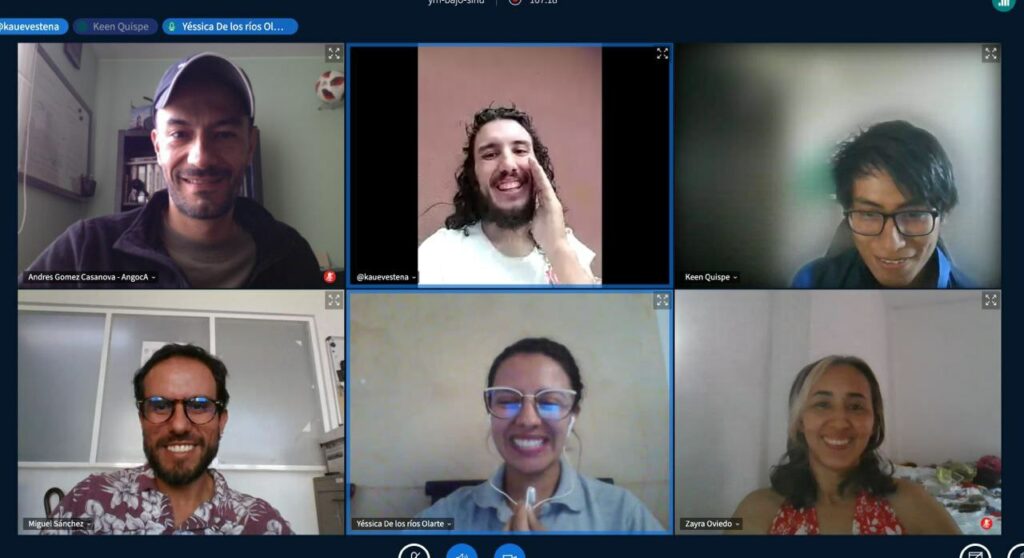
Some ethical questions were also addressed during the day:
- For the use of geographic data in contexts of territorial and socio-environmental conflicts it is necessary to ask about the risks associated with the publication of such data, therefore the concept of open can have some nuances, since data can be useful at the local level but its open access at other levels can be counterproductive.
- It has been identified that open data are not only used by people with a social vision, from the private sector there are companies interested in researching on these data to obtain economic benefits and they invest a lot of money in it. The experience in Yucatan is shared in relation to a mapping project of cenotes, which although it had a clearly social purpose of recovering these common goods and the knowledge associated with them, these data were used by companies for real estate speculation that today afflicts the region.
- These issues are posed in the form of a question because although it is necessary to propose alternatives to produce data, there are no totally clear alternatives. The importance of reflecting on these aspects is highlighted in order to find ways that allow a responsible use of open data, so that they do not end up serving exclusively for the benefit of a few.
- The group is convinced of the importance of having free and open data and information, but how can we ensure that it is not used for predatory purposes?
- Protecting the privacy of the personal data of those who produce and those who share information is also key, as many human rights and environmental defenders have been persecuted for improper handling of information in other contexts. Likewise, regarding the participation of academia in these processes, it is essential to have ethical principles that break with the practice of extracting information from communities without even socializing the results of the data obtained.
- In the case of Brazil, the experience in the use of remote sensing analysis technologies has been known, which are very powerful technologies with a diversity of possible uses, but due to restrictions and inequities in access and appropriation, they were used to accurately identify the location of gold deposits and other precious metals, generating a great problem for the Amazonian native peoples. Many engineers do not take a critical stance on the use of this knowledge.
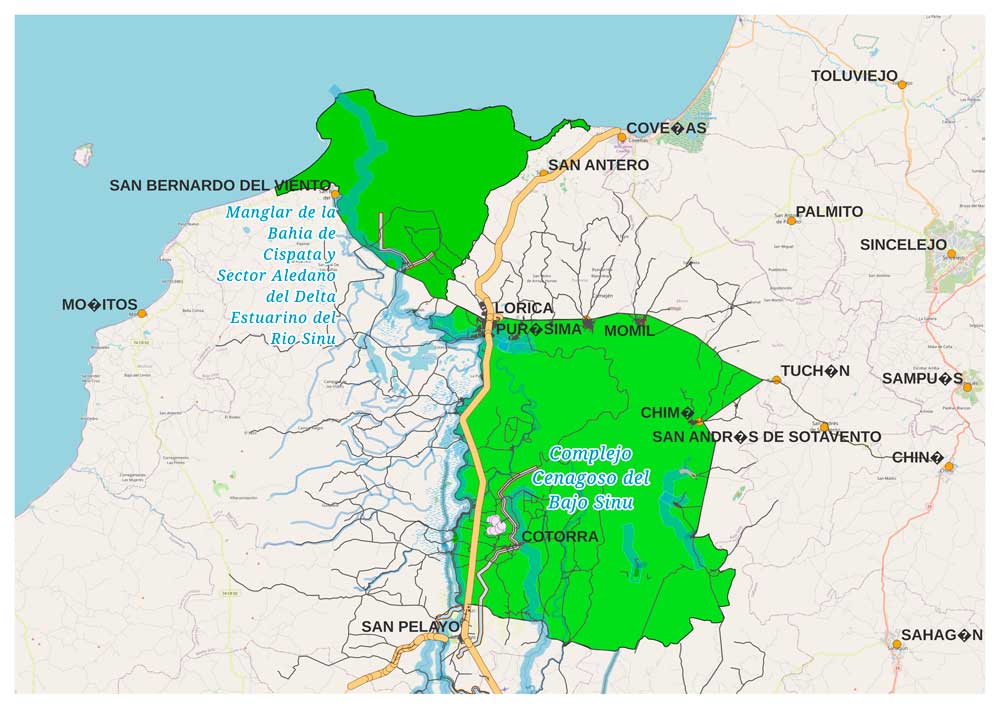
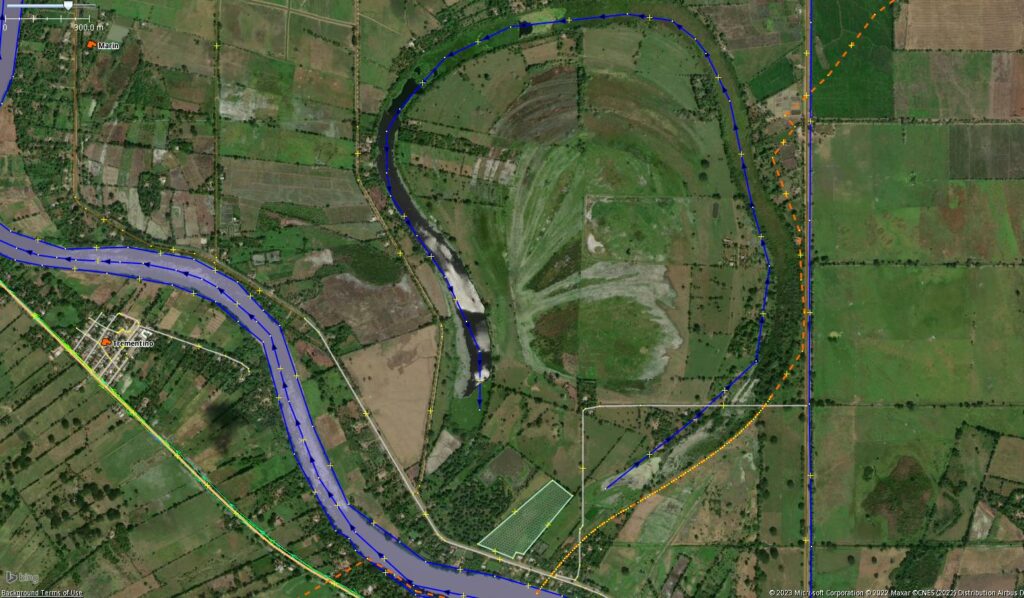
Finally, the group worked on the task of community mapping of the Ciénaga Grande del Bajo Sinú, work from which the group of volunteers helped to complement the instructions to solve the georeferencing of specific characteristics of ecosystems of temporary flood zones, wetlands and marshes such as this one. Agreements were made to continue supporting this and the other socialized projects in future meetings.
Other links of interest:








